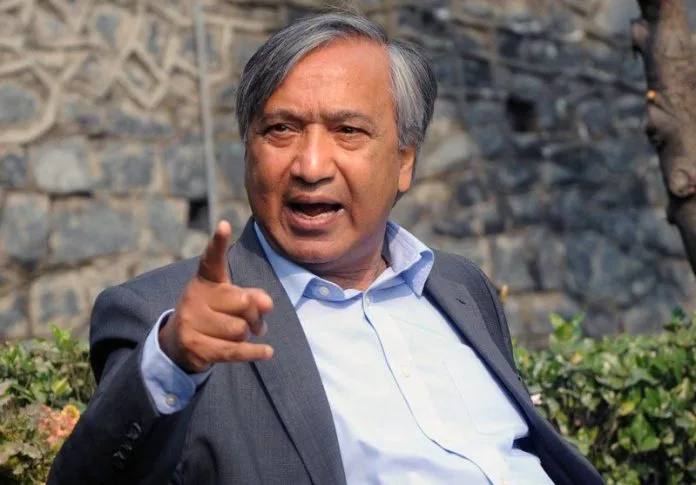Srinagar, Nov 9 (JKNS): CPI(M) leader and MLA Kulgam Mohammad Yousuf Tarigami has voiced concern over a continuous decline in saffron production in Jammu and Kashmir, urging the administration to take immediate steps to support growers and safeguard the heritage crop.
In a statement issued here to news agency JKNS Tarigami said that this year’s low output has caused distress among thousands of families whose livelihoods depend on saffron.
MLA Kulgam said that inadequate irrigation remains one of the major challenges. The Karewas of Pampore, considered the main saffron growing region, continue to depend heavily on rainfall. The prolonged dry spell this season, lack of irrigation, and the poor quality of available corms have collectively contributed to the decline.
“The growers are facing losses. A bad season not only affects their annual income but threatens the very existence of this heritage crop. The government needs to intervene on priority,” Tarigami said.
Tarigami urged the administration to ensure that a functional and reliable irrigation system is established in the saffron fields without delay. “There must be an immediate assessment of the loss suffered by growers this season and adequate compensation should be provided,” he added.
Referring to the National Mission on Saffron, Tarigami said the progress on the irrigation infrastructure has remained sluggish. He said that borewells and irrigation facilities developed under the mission must be made fully operational at the earliest so that growers benefit on the ground. “Irrigation is the backbone of saffron cultivation. Unless the borewells and sprinkler systems are functional, the growers cannot benefit,” he said.
Tarigami added that climate variability is also affecting saffron production, but timely intervention and proper management can protect the crop. “The future of Kashmir saffron depends on prompt and practical support on the ground,” he said. (JKNS)


